Jigsaw Puzzles are one of the best activities your child can do, and that will benefit them in so many terrific ways. Especially in this era of screens and video games, where we would love our kids to spend some time offline, jigsaw puzzles are the best thing you can get your child.
Some parents argue that a child needs to play with simple toys and stuff, so why complicate childhood? But that is not the case. Jigsaw puzzles will enhance your child’s development in so many positive ways that you would be surprised to see the change.
Related: Screen time and Children: How much is too much?
What is a Jigsaw Puzzle?
Jigsaw puzzles are picture puzzles that have been cut into various shapes and sizes, and you need to join the pieces to complete the picture. From as less as 2 pieces to as many as 1000 pieces, you can get jigsaw puzzles according to your choice. Any kind of picture you search for, you will get in jigsaw puzzles, starting from nature, animals, personalities, country or world maps, etc.
Jigsaw puzzles benefit both kids as well as adults, and should be an integral part of the child’s development.
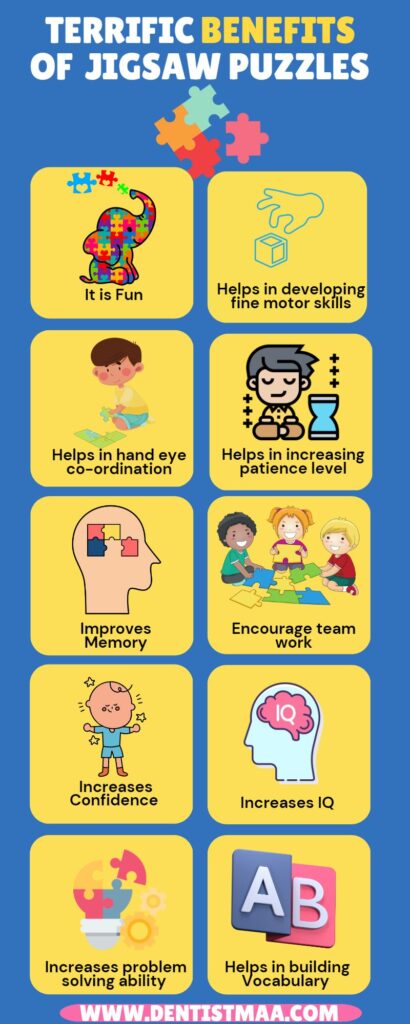
Benefits of Jigsaw Puzzles
1. Helps in developing fine motor skills
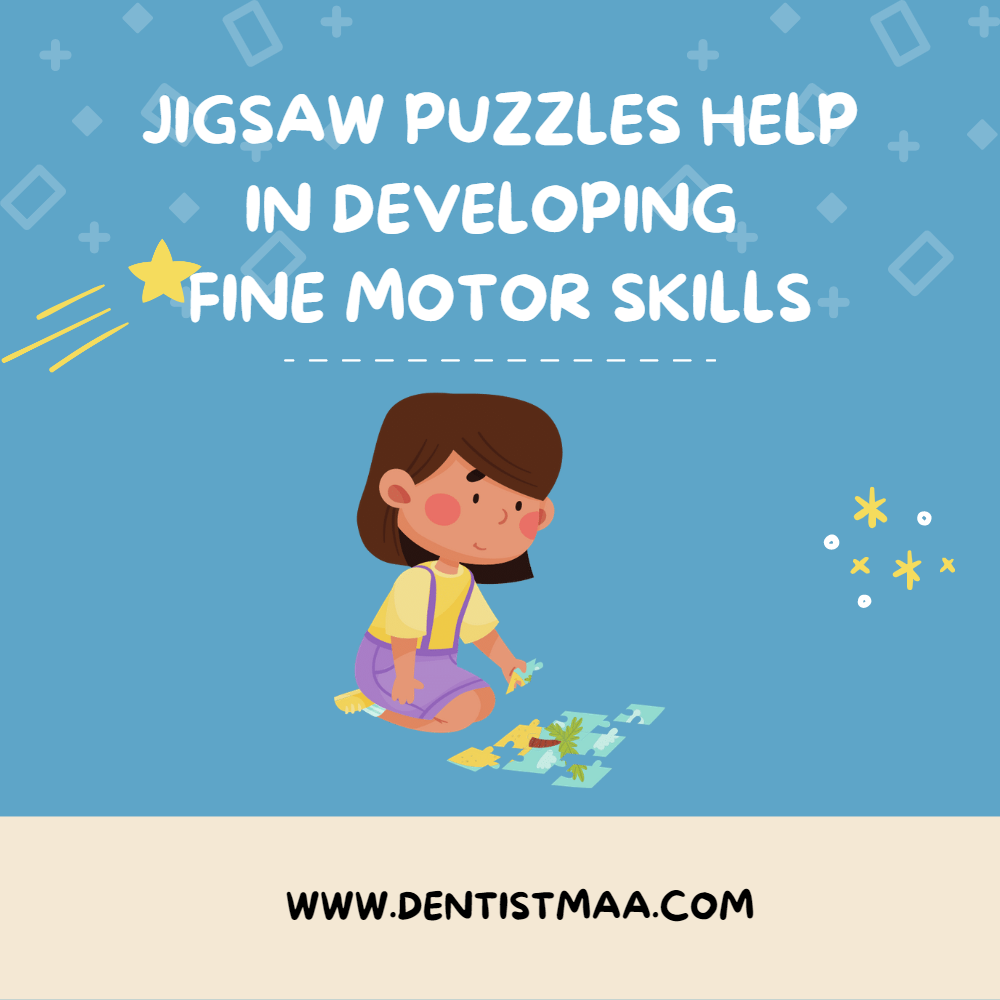
Fine motor skills are the movement of the small muscles of the hands and the wrist. While doing the puzzles, the child will be using their hands to pick up the pieces, turn them and fix them. This will help in the development and strengthening of the muscles of the fingers.
Make sure to buy bigger size pieces when you are starting jigsaw puzzles for your toddler so that he or she can hold them properly and fix them in place. As the child grows, you can get puzzles with smaller pieces.
2. Helps in developing hand-eye coordination
The ability of the hands and eyes to coordinate and do something is called hand-eye coordination. The child while doing the puzzle will pick up a piece, look at it, co-ordinate with the other pieces and place it in the right place. So, it helps in building hand-eye coordination. It is a very important thing the child needs to learn as it helps in writing. The earlier the child develops hand-eye coordination the earlier the child can start writing.
Another method to help the child develop hand-eye coordination is colouring with crayons.
3. Helps in increasing the concentration span
Jigsaw puzzles are fun. And the best part is when the puzzle is done and you place the last piece of the puzzle there is no other feeling like that. So, the child will be engrossed in the puzzle so much that he or she will be sitting there concentrating and taking all measures to finish it.
So, slowly the child’s attention span will increase, as the child moves from the small puzzle to bigger puzzles, as that might take more time to complete. This helps the child concentrate more in class, and be better at academics as well.
4. Helps in increasing the patience level
The Jigsaw puzzle needs time and patience. The child might take time in the beginning to do as small as a 2-piece jigsaw puzzle. Patience is the key to understanding how it is done. When doing it for the first time, the child might lose his or her patience, but slowly they start understanding it. The patience level increases eventually.
The parents need to be with the child to help him or her understand how it is done. Here, the parent’s patience is also very important. It might take time for you to explain to the child how it is done. But you, too, will develop good patience with time.
5. Helps in improving memory
Doing a jigsaw puzzle, we need to remember the pieces we just saw or just joined. So, correlating it helps in improving the memory of the child. Slowly, the child will know what piece will come next, and again, you will be surprised to see your child solving the puzzle himself or herself.
Also, looking at the reference image, your child will memorise slowly what he or she saw in the image and what he or she can relate to in the puzzle pieces. This will again help in memorising.
6. Encourages teamwork
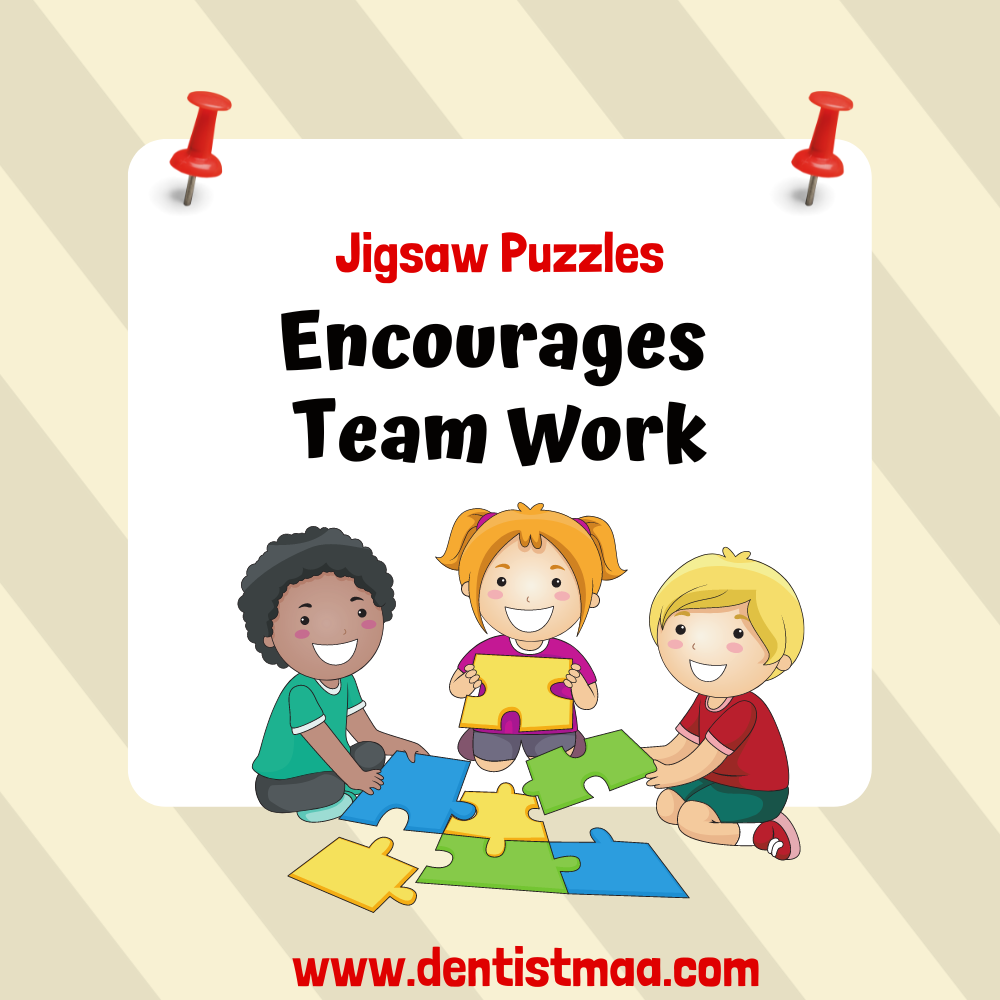
Teamwork is a must for everything in life. And learning teamwork takes time and a lot of patience. A child can not do the jigsaw puzzle on his or her own, at least in the beginning. They would require an adult or an elder sibling. This will help in understanding what teamwork is and how to work in groups. Also, it will increase the bonding with the family. The child will understand the importance of communication and will also ask for help, which is very important in daily life.
7. Develops reasoning
While doing the jigsaw puzzle, the child will start reasoning why and which piece of the puzzle will go where. This will help in developing and improving reasoning, again,n an essential development tool. Reasoning helps in problem-solving and also in understanding various concepts. Reasoning helps the child in asking questions and understanding things even better. The child will cram less and understand more.
8. Helps in better decision making
You decide which piece will be placed where. So, doing jigsaw puzzles will help in enhancing decision-making ability. This will again further help the child in school, as they will slowly be learning the difference between right and wrong.
9. Increases confidence

Completing the puzzle is a great confidence booster for the child. If the child has started doing it all by himself or herself and completes it perfectly, there is nothing like it. It gives a sense of accomplishment and success. But you must get the child only age-appropriate puzzles to complete. If the puzzles are more complex, and the child is not able to complete them, and gets irritated or annoyed while doing them, it will be a failure as a parent. The child will not be interested from the next time. Start with small and easy puzzles and gradually increase the difficulty level.
Related: 10 Tips to Appreciate Your Child
10. Increases problem-solving ability
Pieces of a picture lying haphazardly here and there are a problem. Joining those pieces and making them into a single image is the way to solve the problem. So, while doing jigsaw puzzles, the child is using his or her brain to analyze how the pieces would fit. This would further help the child in developing problem-solving ability, which is very important as the child will grow and face different problems in life.
11. Increases IQ
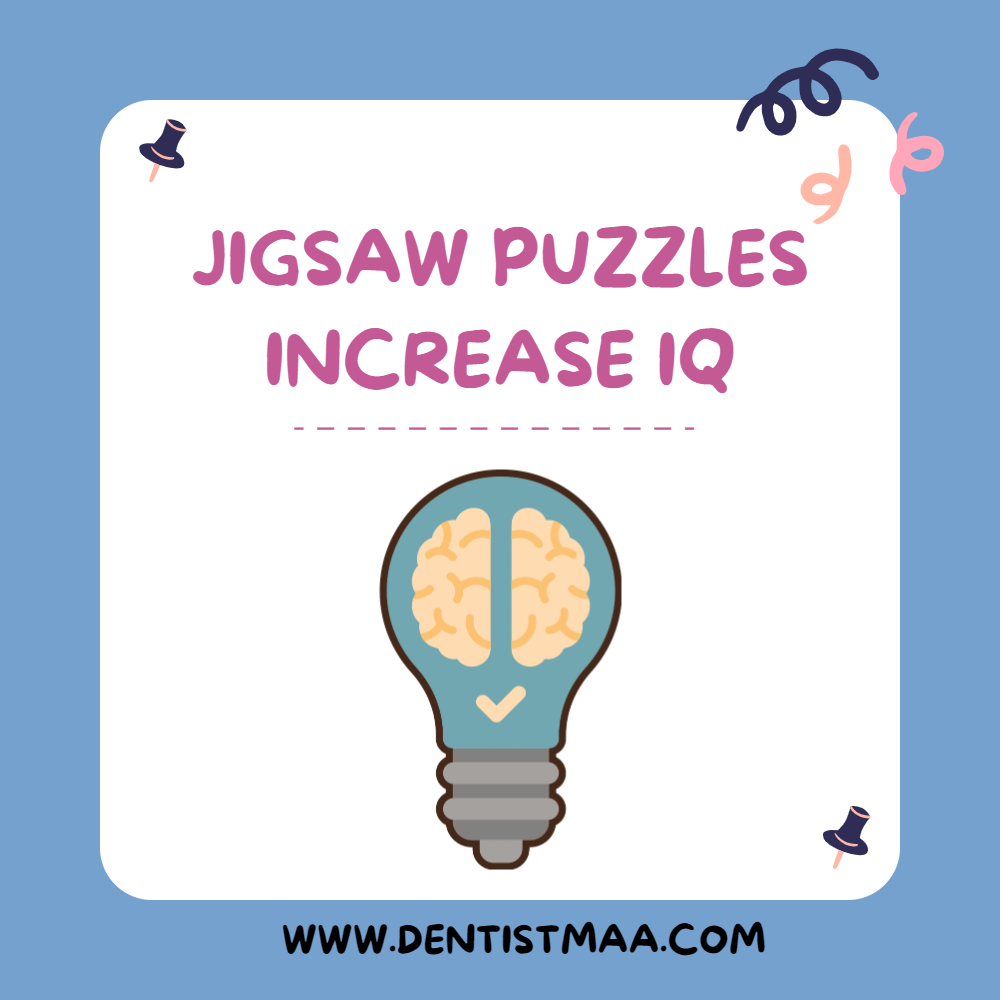
Puzzles enhance your confidence, cognitive skills, vocabulary, and memory, help you use both sides of your brain, and so much more. So, they are supposed to increase your IQ as well. Puzzles are an amazing way to help your child be smarter, productive and brilliant at problem-solving. Not just children, it helps adults too. A study done by the University of Michigan showed that if you do a jigsaw puzzle for 25 minutes a day, your IQ increases by 4 points.
Related: Brain-Boosting Toys for Your Toddler
12. Helps in developing language (vocabulary)
While teaching how to do the jigsaw puzzles, you would be using so many different words, like above, below, rotate, corners, sides, and so many things that would be in the picture. This will help the child understand the spatial arrangement as well as help in understanding new objects and living things.
So, using different words and explaining the meaning is very important when you teach your child the jigsaw puzzle.
13. Helps in cognitive development
Cognitive means connecting with the process of understanding. Cognitive development is another important part of the child’s development. Jigsaw puzzles help in this development a lot. The child will slowly start understanding how to fix the pieces. The beginning will be and trial method, but slowly the child will start understanding how the pieces will fit.
They might slowly start completing one part of the puzzle before moving to the next, or making the borders first. There will be a change you will see in your child slowly when they start doing puzzles regularly.
14. It is fun
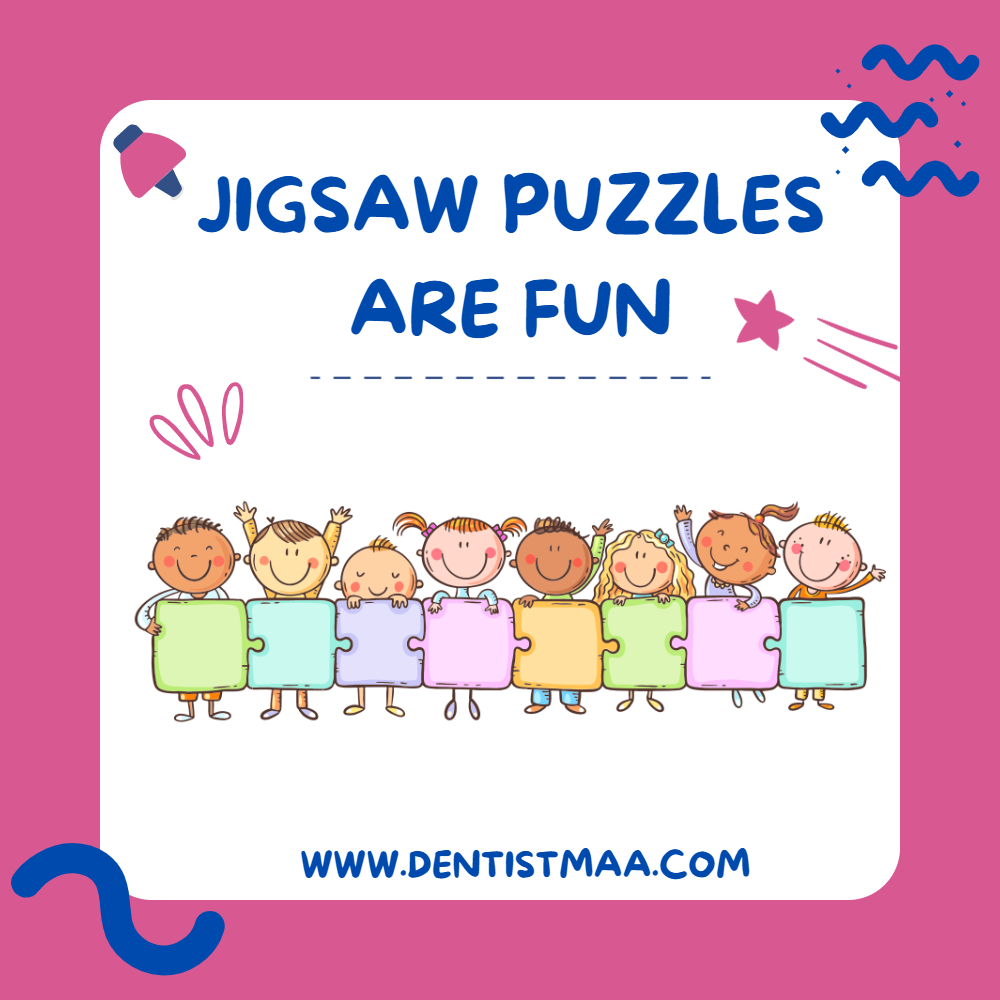
Yes, doing jigsaw puzzles is fun. Maybe in the beginning you might feel a little stuck, but as you proceed it would be fun. When you start doing them routinely you start enjoying it even more. Starting from toddlers there is a puzzle for every age and interest. So why not start today?
Related: 12 Best Jigsaw Puzzles to buy for your kids!
So, overall, jigsaw puzzles have only benefits. Kids as young as 2 years old should be introduced to jigsaw puzzles. Start with 2 2-piece jigsaw puzzle and increase the number of pieces slowly.

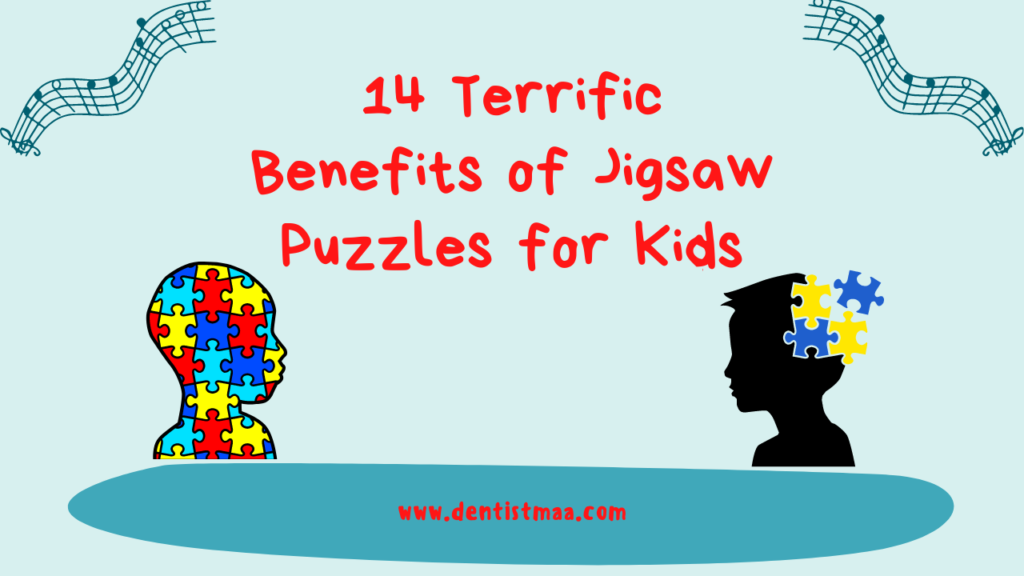
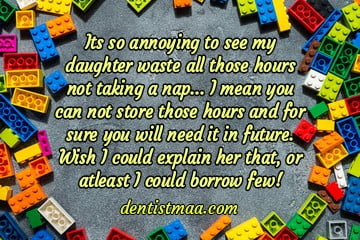
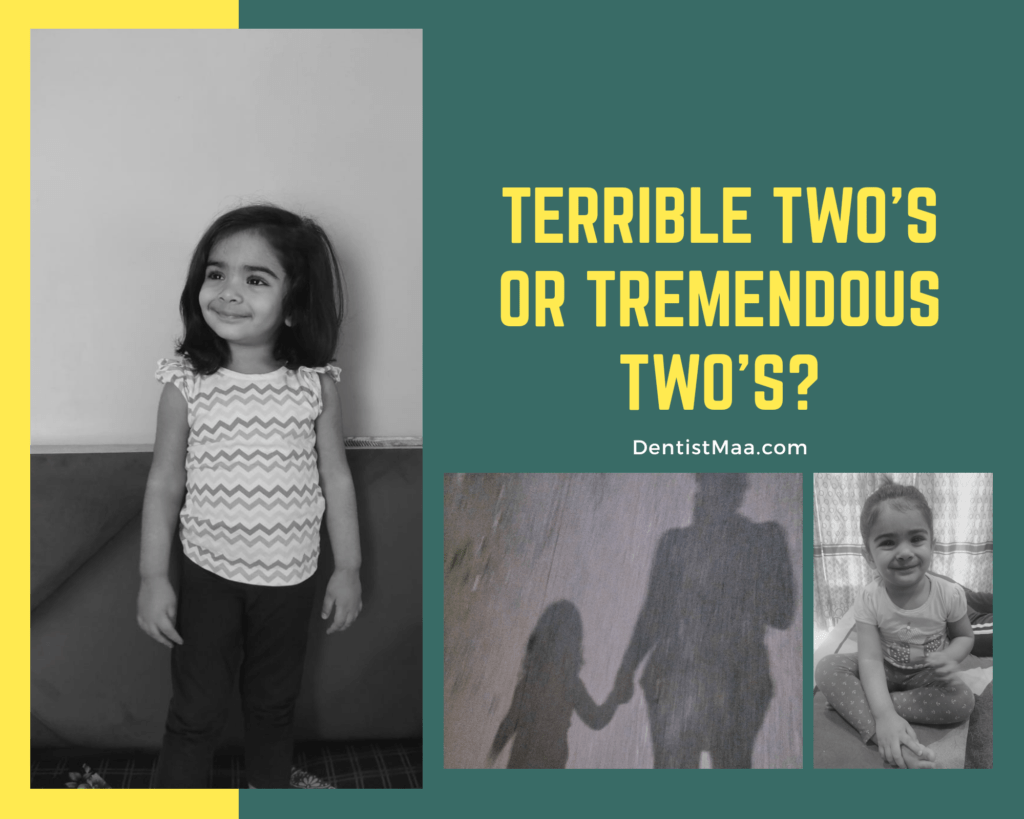

Pingback: Importance Of Playdates For Kids - DentistMaa
Pingback: Benefits Of Reading To Children - DentistMaa
Pingback: 8 Brain Boosting Boosting Toys for Your Toddler! - DentistMaa
Superb
thank you 🙂
About 14 Positive benifits of Jigsaw Puzzle Activity, explained above are very beneficial for the kids.
Thanks
Pardeep
Thank you so much 🙂
Well said
Thank you so much 🙂